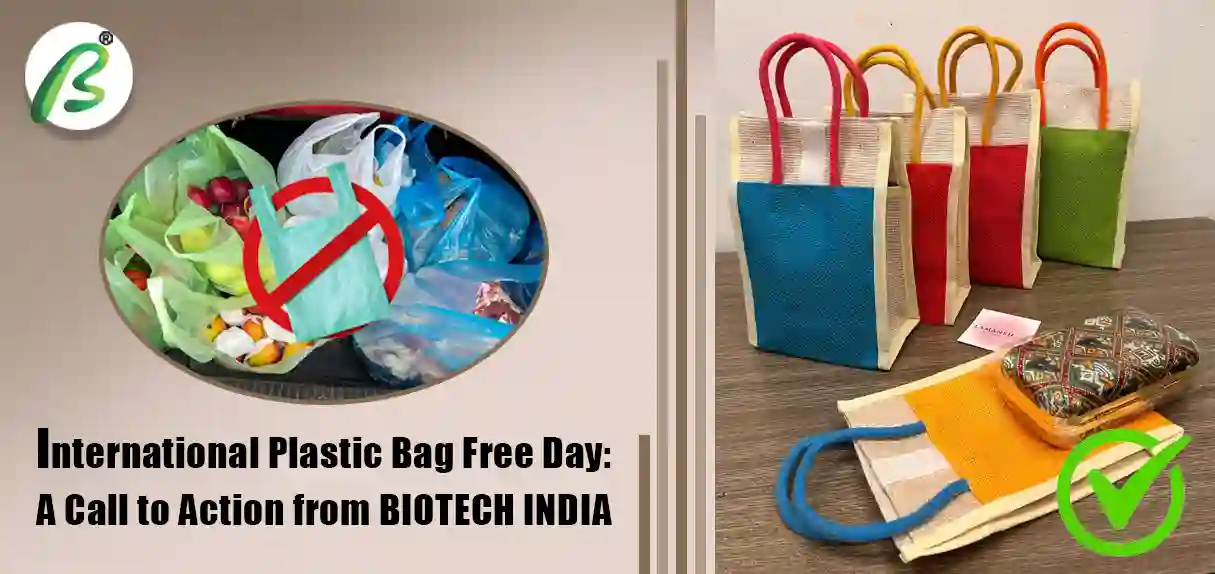
Every year on July 3, the world observes International Plastic Bag Free Day-a global initiative to raise awareness about the environmental hazards of single-use plastic bags and to promote sustainable alternatives. At BIOTECH INDIA, we believe this day is more than symbolic. It's a powerful reminder that our everyday choices-especially something as simple as the bag we carry-can either harm or heal the planet.
Plastic bags were introduced in the 1960s as a convenient, lightweight alternative to paper or cloth. Today, they've become one of the most ubiquitous and damaging forms of plastic pollution. Globally, we use over 5 trillion plastic bags each year-that's nearly 160,000 bags per second. Most are discarded after a single use, and fewer than 1% are recycled.
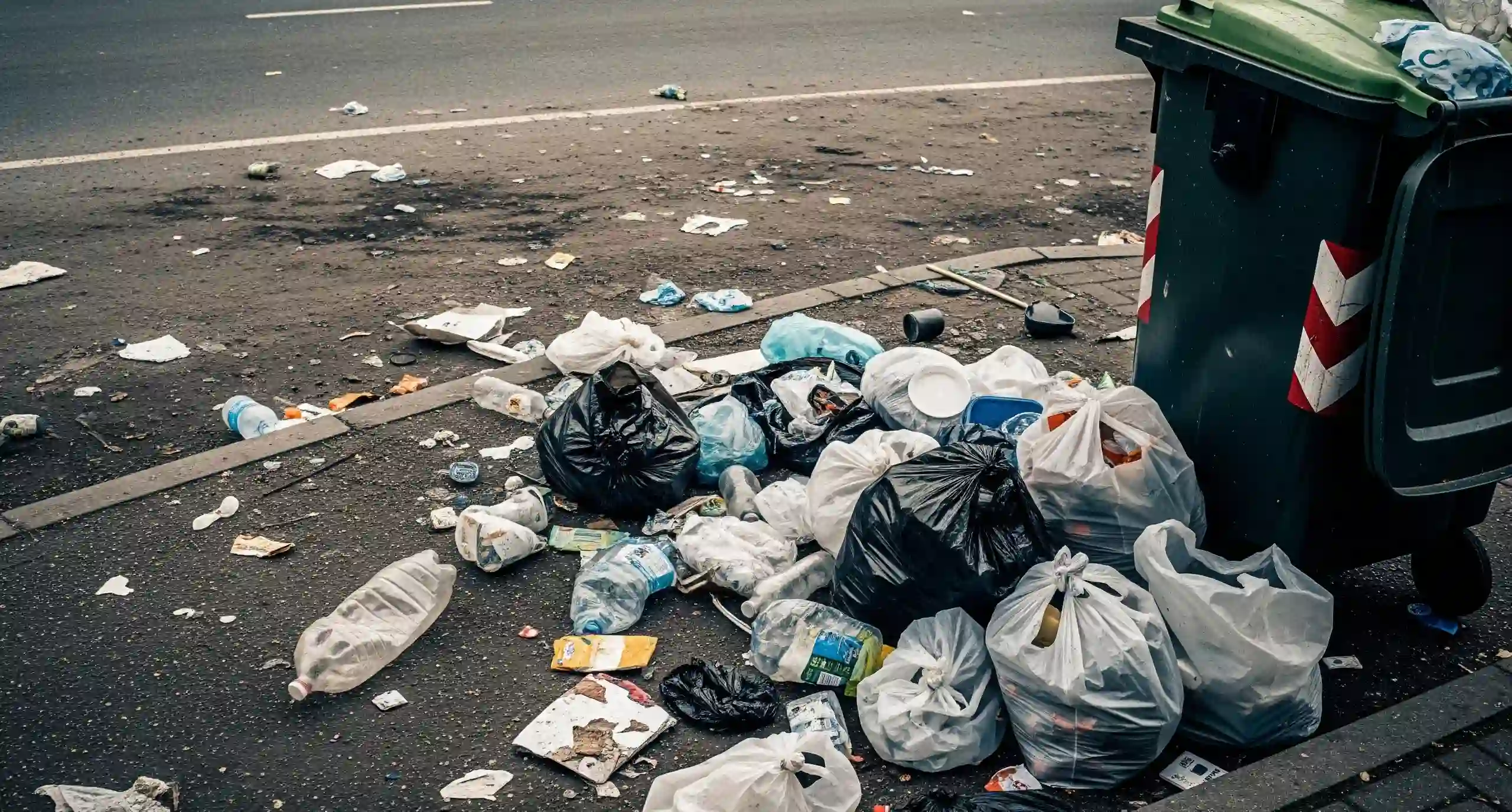
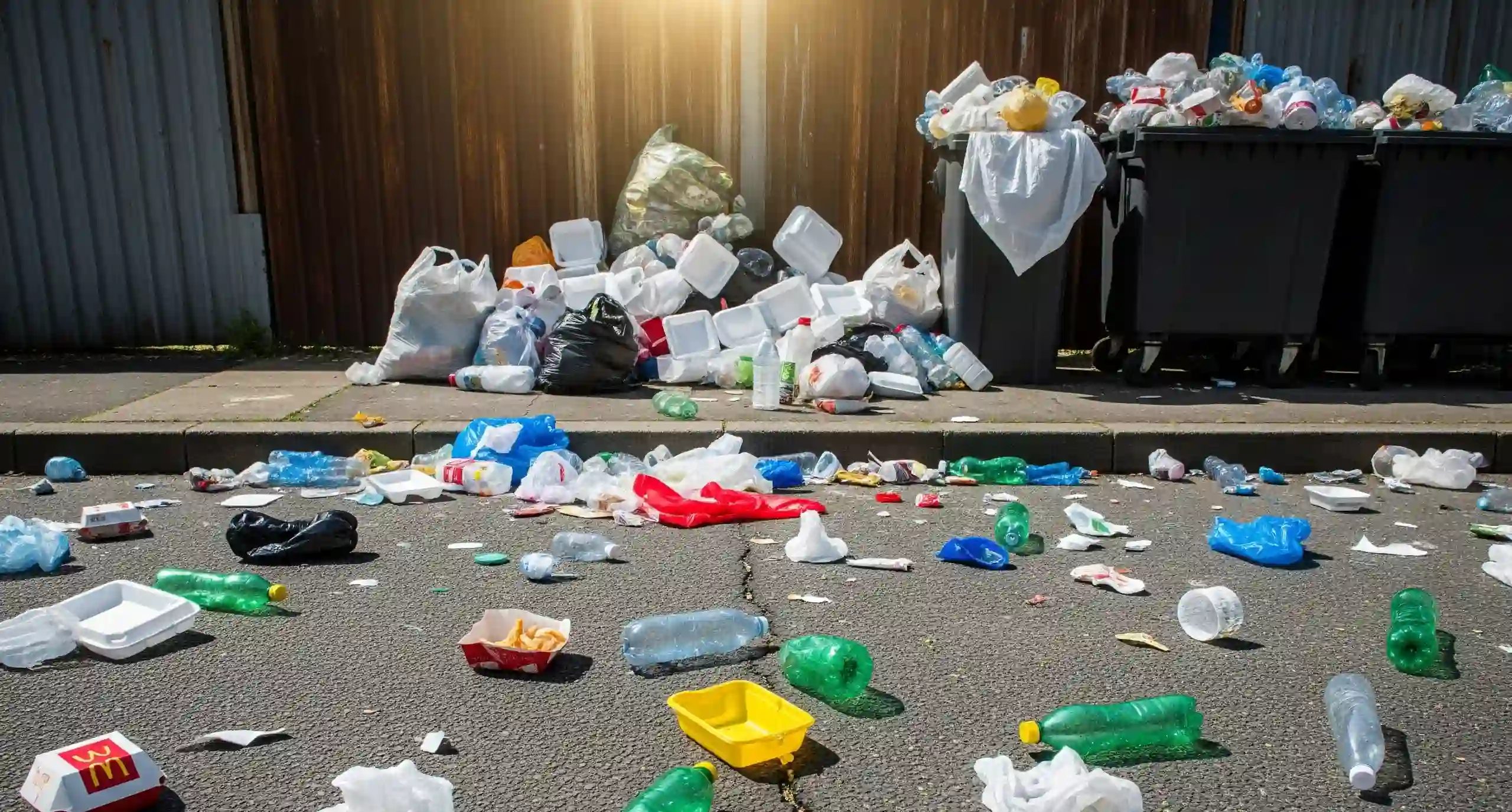
These bags don't biodegrade. Instead, they break down into microplastics that persist in the environment for hundreds of years. They clog urban drainage systems, pollute rivers and oceans, and are often ingested by marine animals, birds, and livestock. The environmental cost is staggering-and largely invisible until it's too late.
International Plastic Bag Free Day was first observed in 2008 in Catalonia, Spain, and has since grown into a global movement. Spearheaded by organizations like Bag Free World and Zero Waste Europe, the day encourages individuals, businesses, and governments to rethink their relationship with plastic.
The 2025 focus-"Breaking Free from Plastic: Building a Sustainable Future"-aligns perfectly with BIOTECH INDIA's mission. It's not just about banning plastic bags; it's about transforming our systems, habits, and mindsets to embrace sustainability at every level.
India has taken significant steps to curb plastic pollution. In 1998, Sikkim became the first Indian state to ban plastic bags. Since then, many states have followed suit, with varying degrees of enforcement. On July 1, 2022, the Government of India implemented a nationwide ban on select single-use plastics, including plastic carry bags below 75 microns in thickness.
While these policies are commendable, enforcement remains a challenge. Plastic bags continue to circulate in markets, often due to lack of awareness, affordable alternatives, or regulatory oversight. This is where public participation becomes crucial.
At BIOTECH INDIA, we've long recognized that environmental sustainability is not a luxury-it's a necessity. Our work in renewable energy, biogas technology, and waste management is rooted in the belief that local solutions can drive global change.
We promote decentralized, community-based models that reduce dependence on fossil fuels and minimize waste. But we also understand that systemic change begins with individual action. That's why we support initiatives like International Plastic Bag Free Day-not just as a campaign, but as a catalyst for long-term behavioral change.
You don't need to wait for policy changes or global summits to make a difference. Here are some simple, impactful actions you can take starting today:

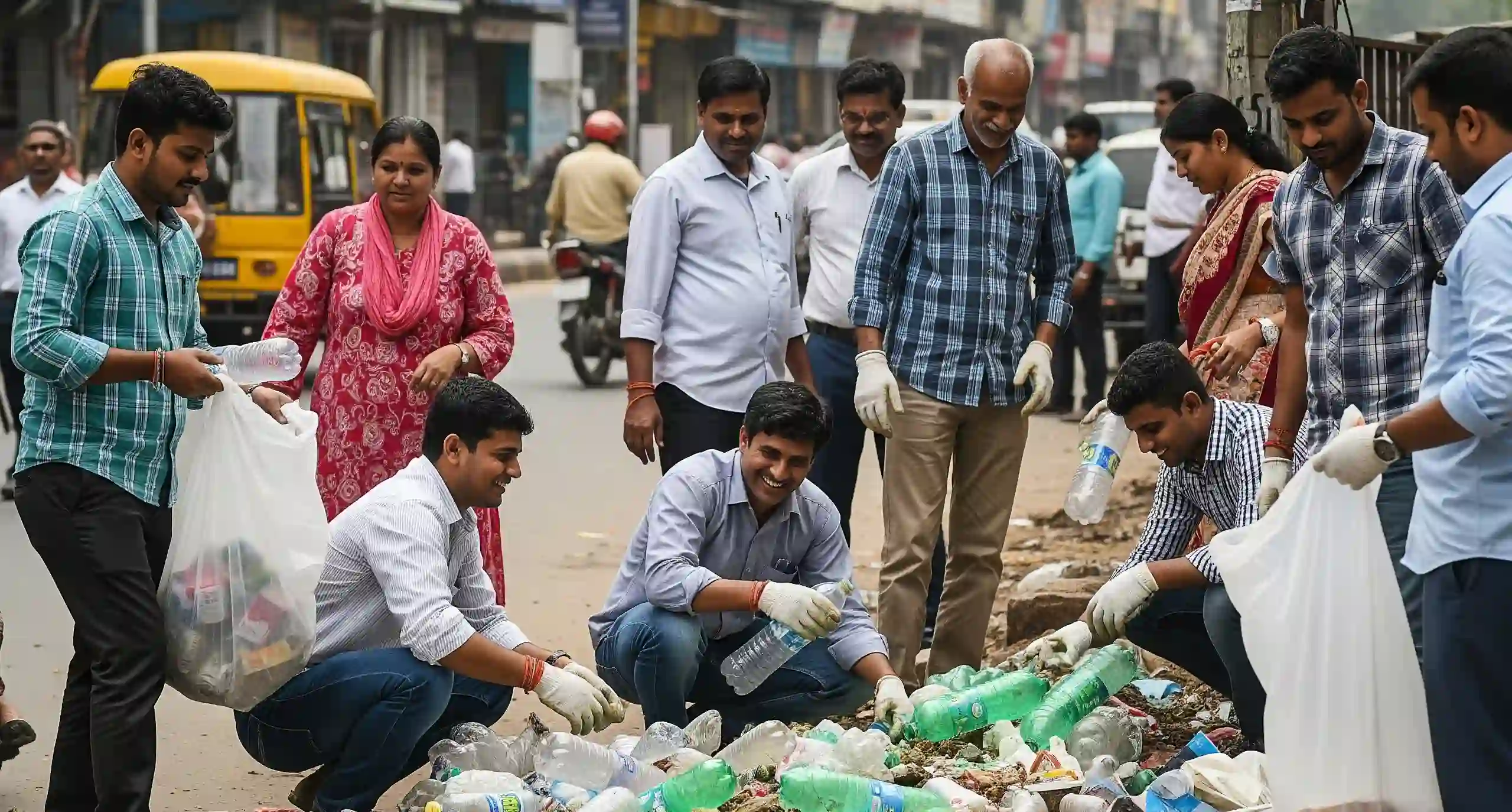
1. Refuse Single-Use Plastic Bags
Say no to plastic bags at shops, markets, and takeaways. Carry your own reusable bag made of cloth, jute, or recycled materials.
2. Educate and Influence
Talk to your family, friends, and local vendors about the harms of plastic bags. Share facts, videos, and alternatives on social media using hashtags like #PlasticBagFreeDay and #SayNoToPlastic.
3. Support Eco-Friendly Businesses
Choose brands that use sustainable packaging. Encourage local businesses to switch to biodegradable or reusable alternatives.
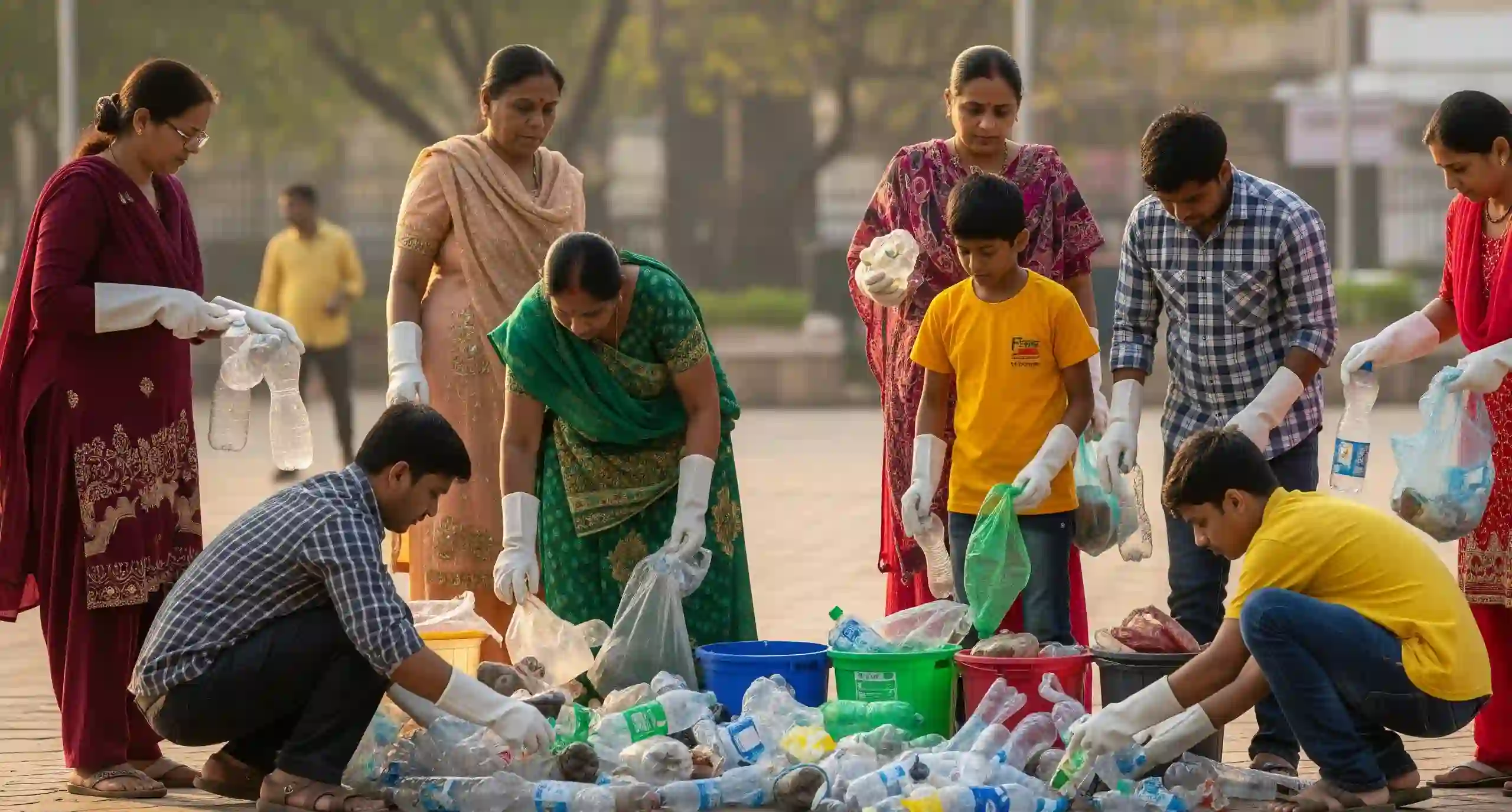
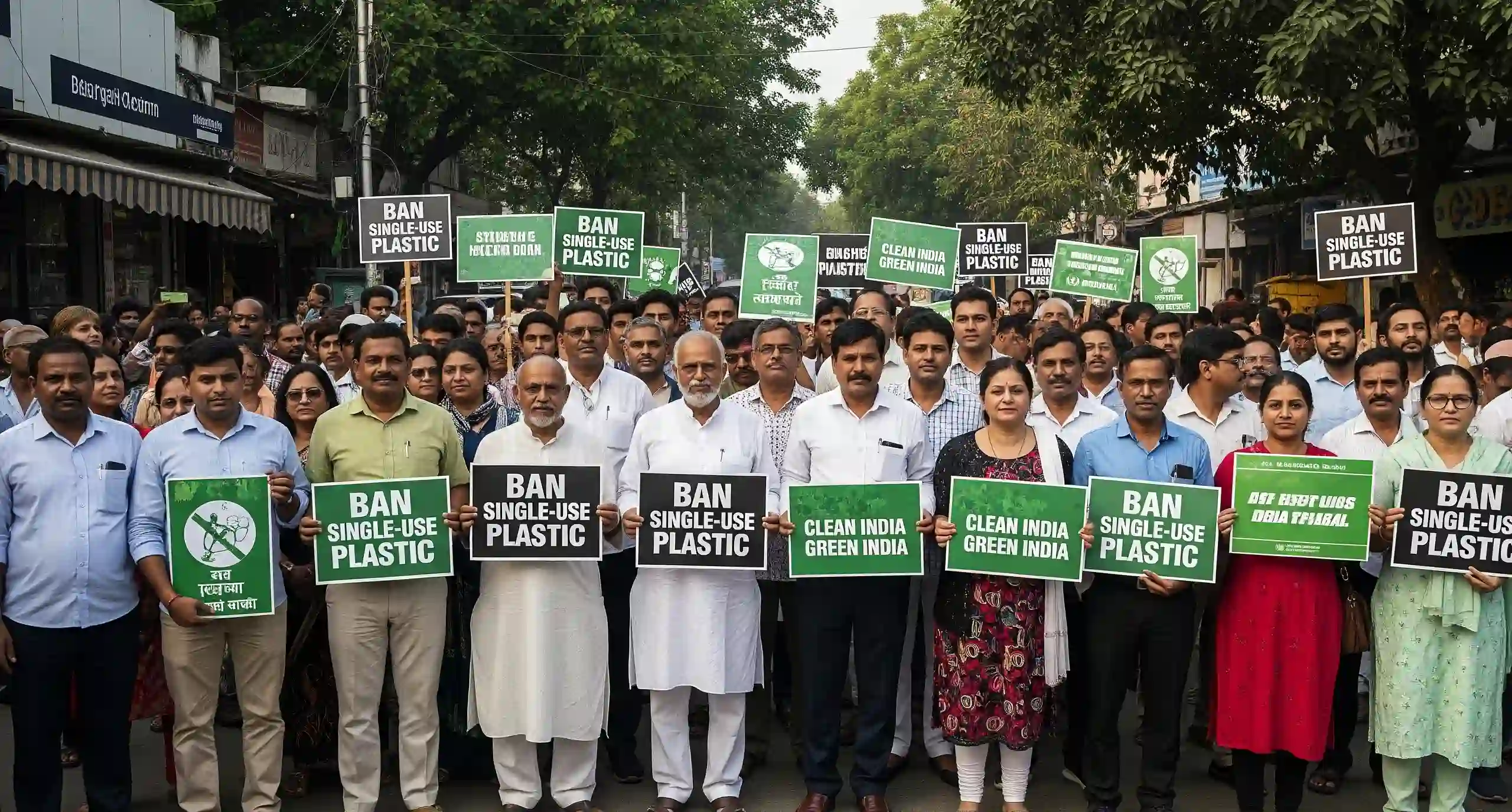
4. Participate in Clean-Up Drives
Join or organize community clean-up events to remove plastic waste from public spaces. It's a great way to raise awareness and build solidarity.
5. Advocate for Stronger Policies
Engage with local authorities to ensure plastic bans are enforced. Push for incentives that support small businesses in transitioning to sustainable packaging.
Behavioral change is at the heart of any sustainability movement. But awareness alone isn't enough-we need systems that make sustainable choices easy, affordable, and accessible.
For example, if reusable bags are not readily available or cost-effective, people will revert to plastic. That's why BIOTECH INDIA supports local production of cloth and jute bags, especially by women's self-help groups and rural entrepreneurs. This not only reduces plastic use but also creates livelihoods and strengthens local economies.
We also advocate for extended producer responsibility (EPR), where manufacturers are held accountable for the lifecycle of their packaging. This shifts the burden away from consumers and toward systemic solutions.
Plastic pollution isn't just a waste issue-it's a climate issue. Most plastic is derived from fossil fuels, and its production, transportation, and disposal contribute significantly to greenhouse gas emissions. By reducing our reliance on plastic bags, we also reduce our carbon footprint.
Moreover, plastic waste often ends up being burned in open dumps or incinerators, releasing toxic fumes and contributing to air pollution. This disproportionately affects low-income communities and poses serious public health risks.
As we mark International Plastic Bag Free Day, we invite you to reflect on the kind of world you want to leave behind. A world choked by plastic-or one where clean air, water, and soil are not luxuries, but rights.
At BIOTECH INDIA, we are committed to building that better world-through innovation, education, and collaboration. But we can't do it alone. We need individuals, communities, and institutions to join us in this journey.
Let's make plastic-free living not just a one-day pledge, but a lifelong practice.
Plastic bags may seem like a small issue in the face of global environmental challenges. But they are a powerful symbol of our throwaway culture-and an equally powerful opportunity for change.
This July 3, let's not just celebrate International Plastic Bag Free Day. Let's live it. Let's carry our values in our bags—and leave plastic behind.
Together, we can turn the tide.
Telephone: +91-471-2331909, 2321909, 2332179
E-mail: mailtobiotech@gmail.com


Ernakulam (Cochin)
Telephone: +91-484-4858695
E-mail: mailtobiotech@gmail.com


Kozhikode (Calicut)
Mob : +91-9446-000-962
E-mail: mailtobiotech@gmail.com


Telangana
Telephone: +91 40 29330078 , +919446000968
E-mail: gtp.nird@gmail.com

